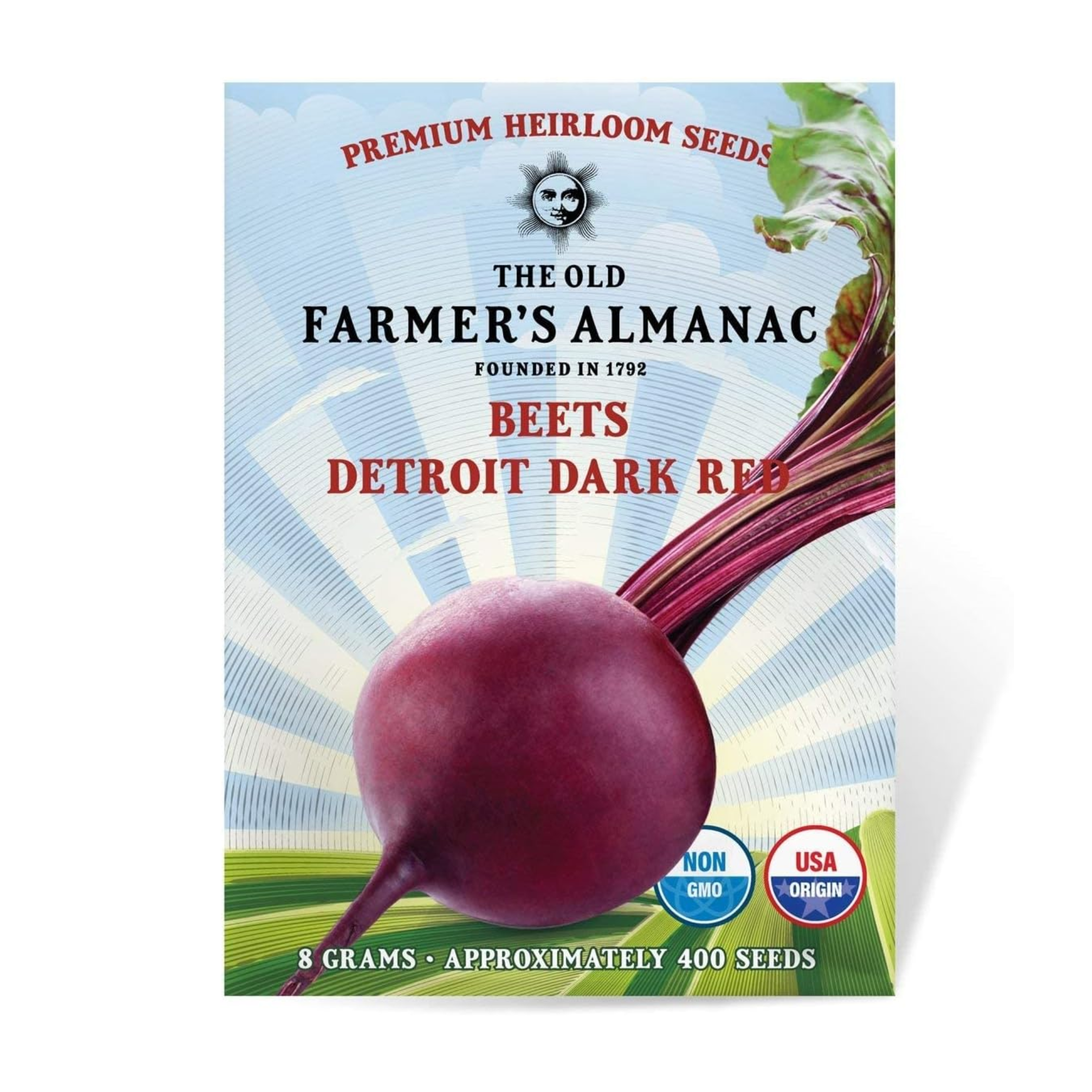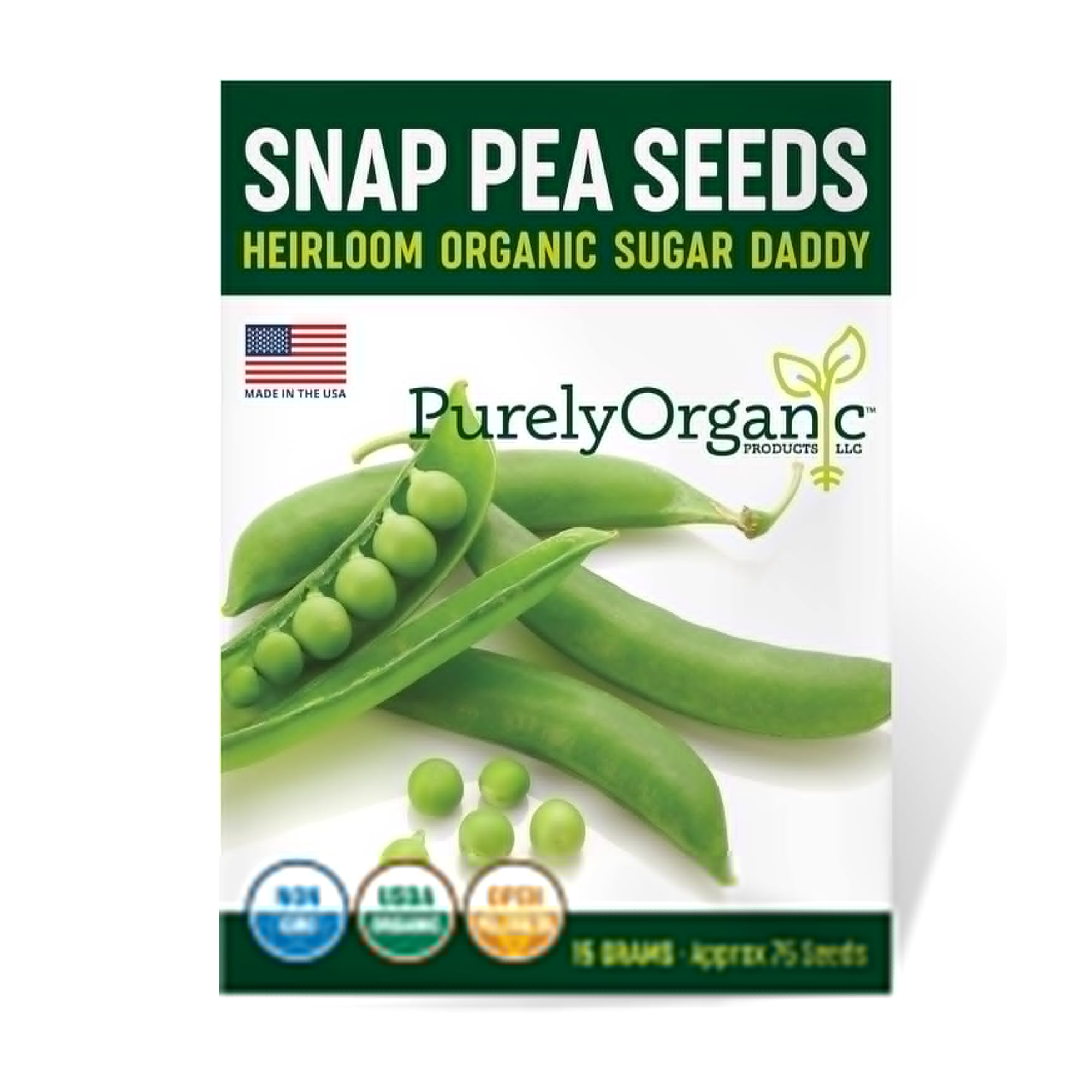This centuries-old gardening hack could be the simple - and free - secret to a healthier, flourishing backyard
If you want healthier seeds that germinate fast, this trick could be the answer

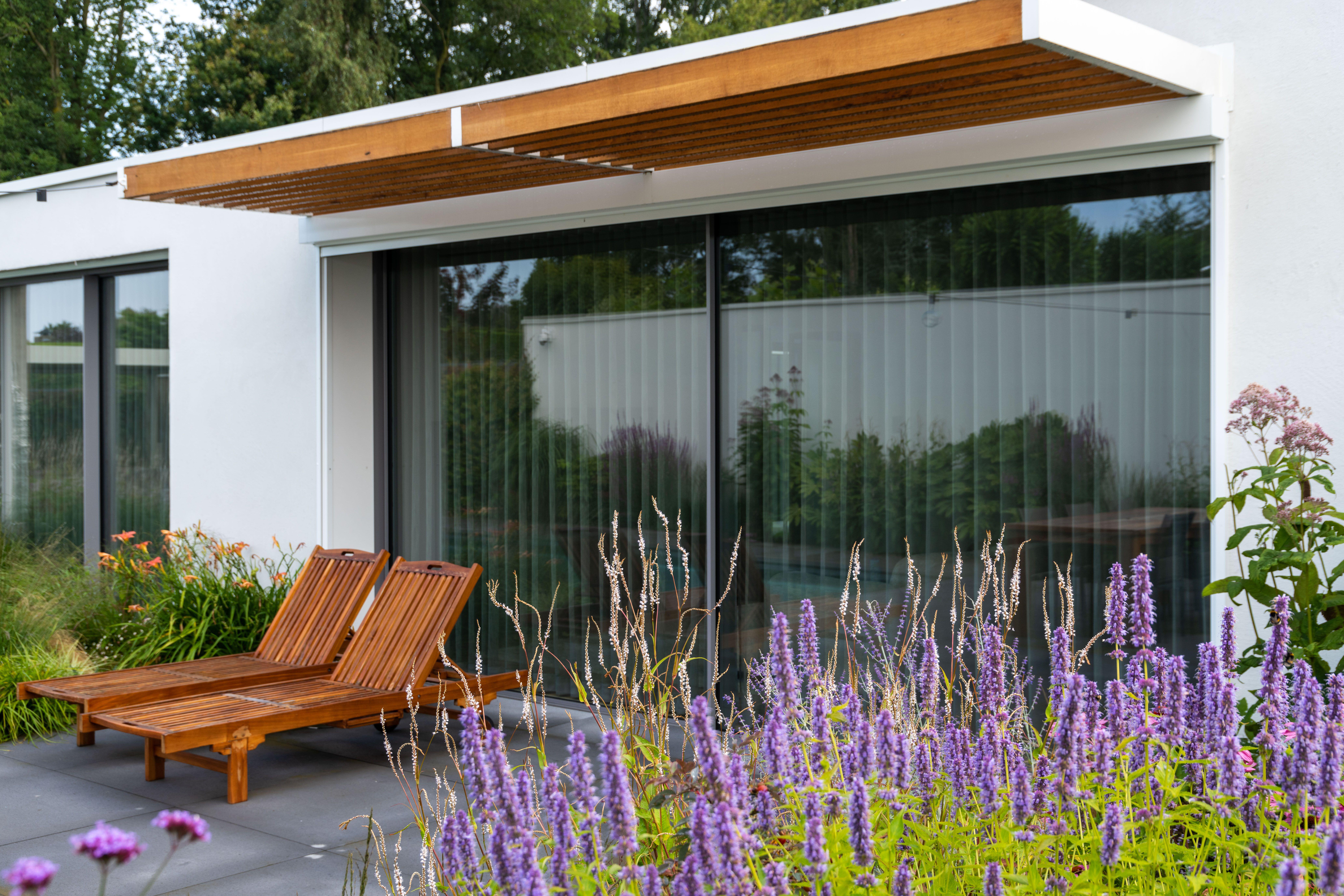
The Livingetc newsletters are your inside source for what’s shaping interiors now - and what’s next. Discover trend forecasts, smart style ideas, and curated shopping inspiration that brings design to life. Subscribe today and stay ahead of the curve.
You are now subscribed
Your newsletter sign-up was successful
There's no process quite as rewarding as sowing a seed and watching it grow. Whether you're an experienced gardener or a mere beginner, witnessing a small seed transform into an abundance of beautiful blooms or edible fruits or veggies never gets old. Now, we all know the basics - sow seed in soil, provide water and sunlight, watch it grow - but have you ever heard of soaking your seeds? Well, this lesser-known gardening secret could be the difference between a bountiful crop and a lackluster one, and now is a great time to give it a try.
Soaking seeds in water is said to help encourage new growth, accelerate germination, and increase the number of seeds that successfully take on and grow into healthy plants, and some gardeners swear by it. There is a catch though - not all seeds are suitable for soaking, and soak those that are for too long and you risk ruining them altogether.
If you want to learn more about this traditional gardening trick to help your backyard flourish, we asked some experts to share their insights on when to use it. Here's what they had to say.
Should you soak your seeds before planting?
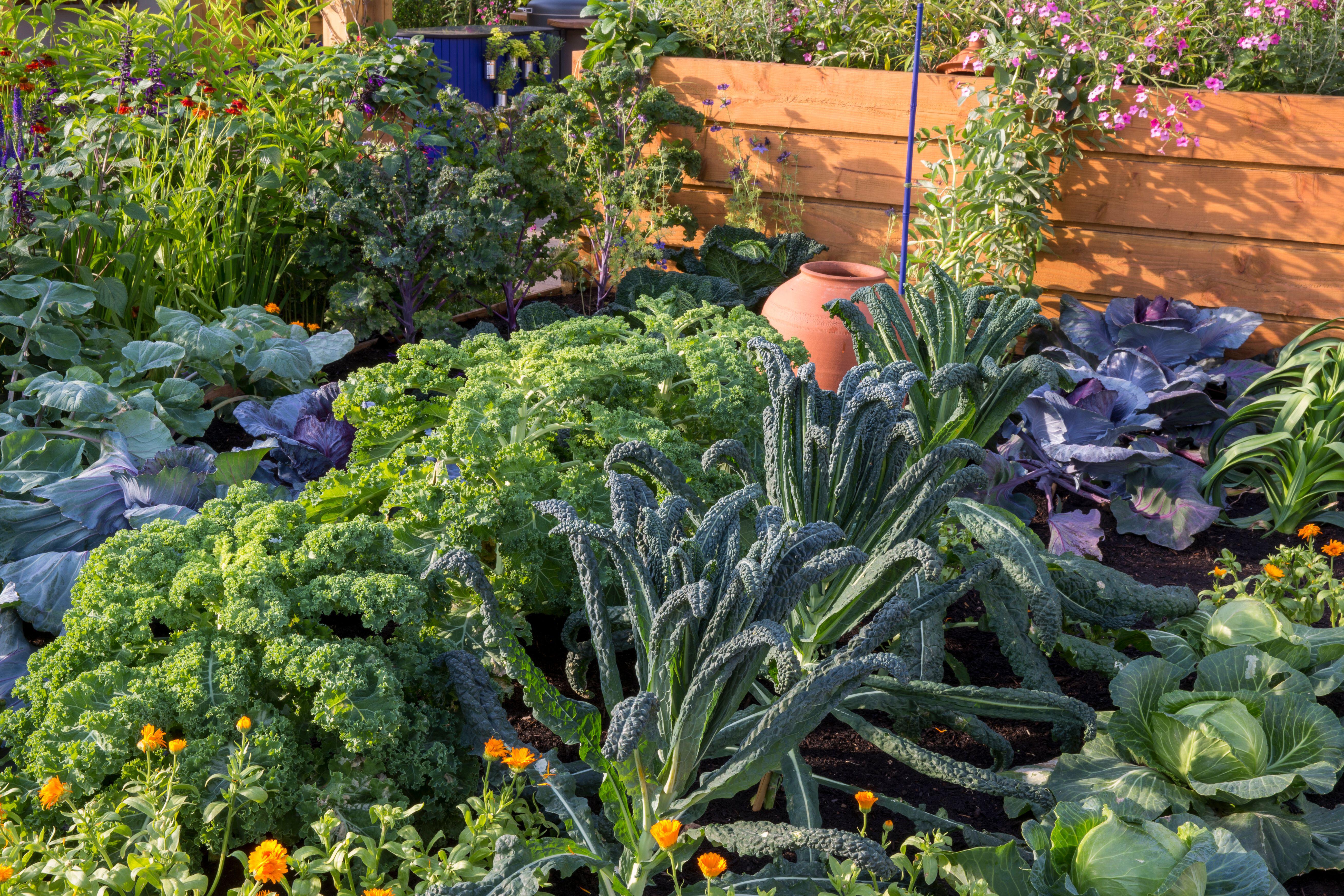
Soaking seeds in water is a traditional gardening practice, but it's by no means an essential step in the process of planting. Some experts praise its benefits while others aren't such strong advocates, although it has been proven to have a number of advantages when it comes to the success rate of seeds.
'The idea behind the process is that you soften the seed coat, allowing moisture to penetrate more easily, thereby accelerating germination,' explains Tony O'Neill, owner of Simplfy Gardening. 'This process mimics the natural action of rainfall in the environment, which signals to the seed that conditions are favorable for germination.'
As a result, your seeds are far more likely to grow. As Lina Cowley, plant expert at Trimmed Roots explains: 'It leads to faster and more successful germination, ultimately giving your plants a better chance of thriving.' That means, if you're on a bid to make your flower beds healthier, fuller, and more vibrant, this incorporating this small task into your planting routine could make the world of difference.
What types of seeds does this trick work best for?
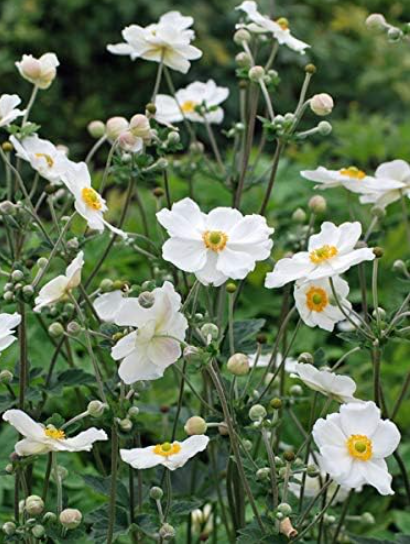
As mentioned, there is a slight catch when it comes to using this trick. Not all seeds will respond to soaking in the same way, so you have to know what you're working with in order to reap the benefits. Soak the wrong seeds and you could end up doing more harm than good.
The Livingetc newsletters are your inside source for what’s shaping interiors now - and what’s next. Discover trend forecasts, smart style ideas, and curated shopping inspiration that brings design to life. Subscribe today and stay ahead of the curve.
According to Tony, as a general rule of thumb, larger seeds and those with harder coats generally respond best to soaking. 'Peas, beans, and corn are excellent examples, as soaking can significantly reduce their germination time,' he says. 'Seeds with a harder coat, such as beet and chard seeds, also benefit from this method as it makes it easier for the emerging seedlings to break through.'
In the case of flower seeds it's a similar story: look for larger seeds with hard coats. 'Flower seeds, like morning glories, and sweet peas all have hard coats that can benefit from soaking,' notes Lina. 'By giving them a good soak, you can help speed up the germination process and ensure a more successful outcome.'
What seeds should not be soaked before planting?
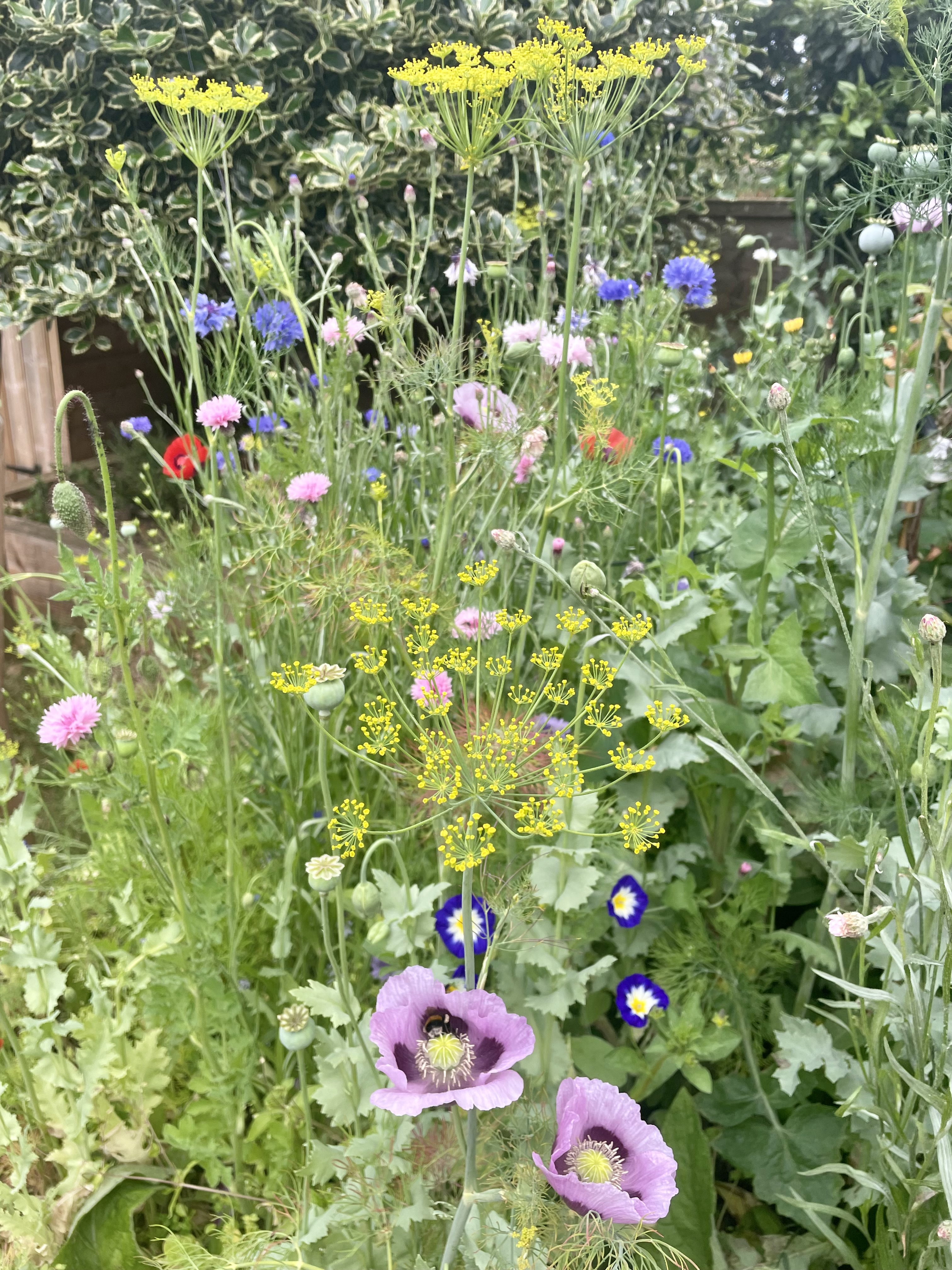
Conversely, there are certain types of seeds that shouldn't be soaked at all, and - you guessed it - it's small seeds or those with a delicate outer coat. 'When it comes to vegetable gardening this applies to the likes of lettuce, carrots, and onions,' Lina explains. 'These seeds are highly sensitive to excess moisture and may become damaged or prone to rotting, so it's best to follow the specific recommendations for each type of seed to ensure optimal results.'
Generally, the important thing to remember is that delicate seeds are more prone to oversoaking. 'This can lead to the risk of rotting or fungal diseases, particularly for seeds that are naturally equipped for fast germination,' adds Tony.
Tips for soaking seeds before planting
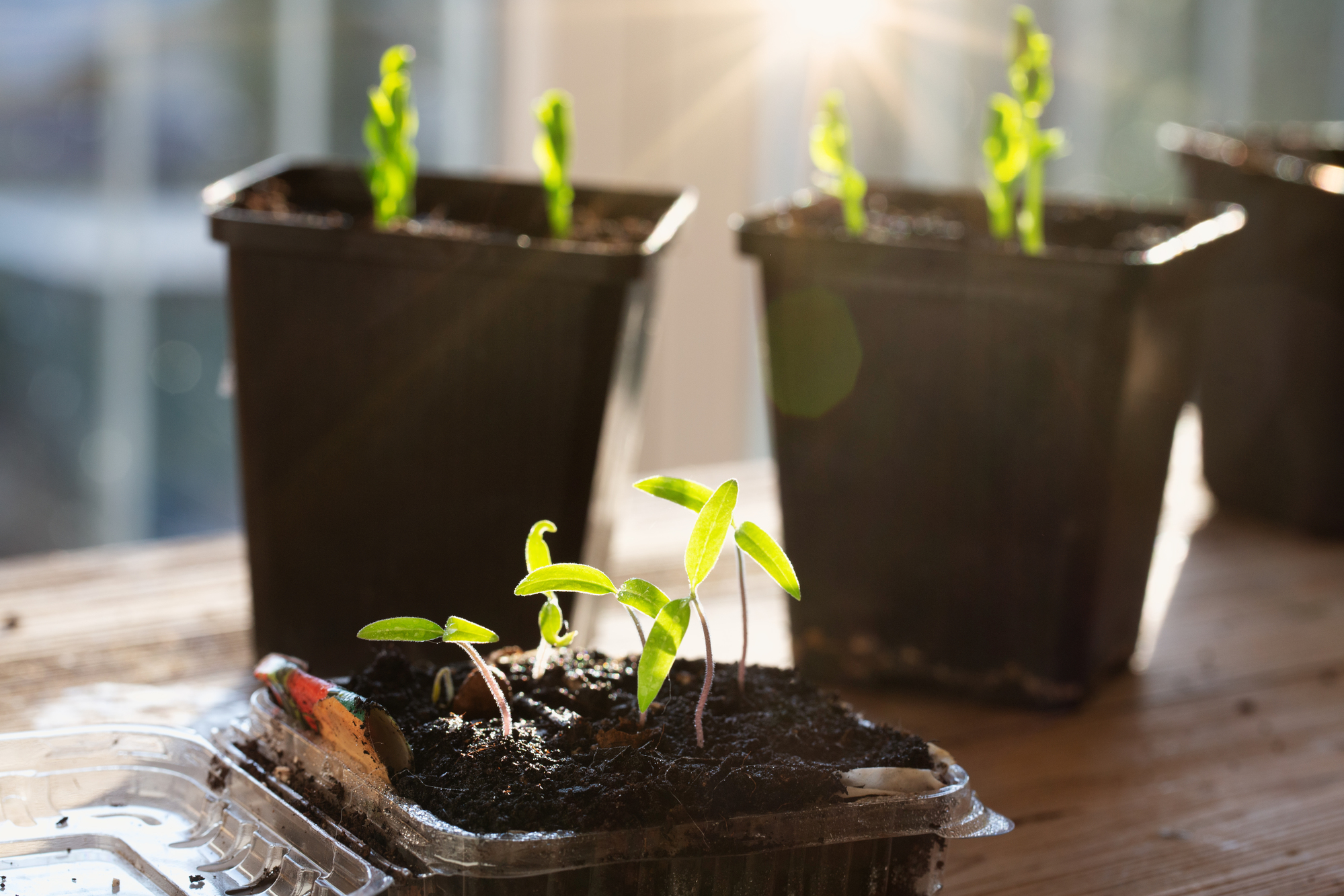
Use clean, lukewarm water
While soaking seeds might sound simple, you'll want to brush up on the best method before you get stuck in. 'Firstly, make sure to use clean water, preferably filtered or non-chlorinated, as chemicals in tap water can sometimes inhibit germination,' says Lina.
Tony also recommends using lukewarm water as opposed to cold and emphasizes the importance of draining them well before planting to reduce the risk of rot. 'A balance is key here,' he says. 'The goal is to encourage germination, not to saturate and potentially damage the seeds.'
Avoid over-soaking
Seeds don't typically need to be soaked for long, so make sure you don't forget to drain them. 'Typically overnight is sufficient, but larger seeds might benefit from a bit longer, while smaller seeds need less time,' says Tony.
According to Lina, oversoaking seeds can lead to oversaturation and hinder their ability to germinate. 'A general guideline is to soak seeds for 12-24 hours, but always check the specific instructions for the type of seed you are working with,' she adds.
Plant seeds immediately after soaking
Lastly, don't wait around to plant your seeds after soaking. 'Be sure to plant them immediately to prevent them from drying out or becoming damaged,' notes Lina. 'Create a suitable environment for germination by providing adequate moisture, warmth, and sunlight, as each seed will have its own specific requirements.'
Ready to give this trick a try? The good news is there are plenty of flowers and vegetables to plant in September (and further into the fall) that will benefit from an overnight soak before you plant them this season. Make a start now and you're bound to have a flourishing garden abundant with crops come spring!
Seeds to plant this fall that benefit from soaking

Lilith Hudson is a freelance writer and regular contributor to Livingetc. She holds an MA in Magazine Journalism from City, University of London, and has written for various titles including Homes & Gardens, House Beautiful, Advnture, the Saturday Times Magazine, Evening Standard, DJ Mag, Metro, and The Simple Things Magazine.
Prior to going freelance, Lilith was the News and Trends Editor at Livingetc. It was a role that helped her develop a keen eye for spotting all the latest micro-trends, interior hacks, and viral decor must-haves you need in your home. With a constant ear to the ground on the design scene, she's ahead of the curve when it comes to the latest color that's sweeping interiors or the hot new style to decorate our homes.

